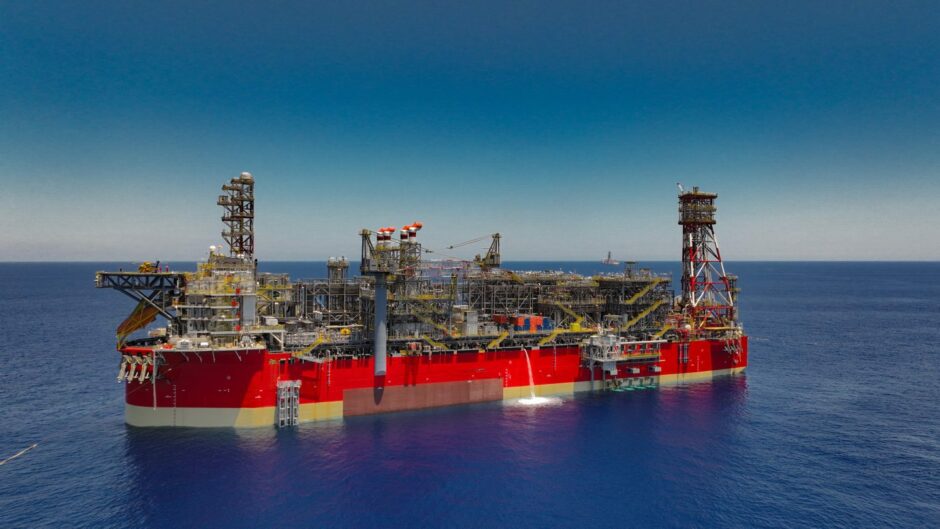
For the first time in decades, we are witnessing an energy crisis the likes of which many of us will have never seen before. Startling levels of volatility across global energy markets are leading governments to implement measures that this time last year would have been unimaginable.
For Europe – which finds itself particularly exposed in the wake of Russia’s ongoing war in Ukraine – the Eastern Mediterranean is increasingly a region to where governments are looking to solve the puzzle of securing energy supplies, whilst also driving sustainable development.
The precarious nature of energy security in import dependent Europe, places the continent in an unenviable position.
Europe’s gas supplies have suffered a double blow over the last month. Firstly, Freeport LNG – a major US exporter that supplied about 10% of Europe’s gas imports this year – announced that its export terminal would be offline for at least three months. Secondly, Russia announced it would reduce capacity on the Nord Stream 1 pipeline to Germany by about 40%.
It is not all doom and gloom though. The EU, Egypt and Israel signed an agreement in Cairo recently, paving the way for Israel to sell gas to Europe for the very first time.
This Israeli export initiative will not only see the export of gas from Israel, via Egyptian LNG terminals. It also acknowledges that other nations from across the East Med – including Cyprus, which is starting to build sizeable gas resources – could also be exporting to Europe.
This sort of pragmatic co-operation in response to a crisis like this is an important move – a seminal moment. Israel benefits from gas exports; Egypt benefits from LNG terminal revenues; and of course, Europe benefits from enhanced energy security.
This really does have the ability to convert challenge into opportunity and it should be held up as an example for others to follow. There must be broader regional co-operation, with Cyprus, Greece and Italy all playing their own role.
The full potential of this opportunity cannot be unlocked without the participation of many parties, including the significant infrastructure investment required. Energean already has valuable infrastructure in place (our regionally unique FPSO which arrived offshore Israel last month) cementing our role in delivering precisely what this tripartite agreement intends.
Our flagship Karish project will come on stream this quarter, producing 8 billion cubic metres per year, critical to boosting gas supply and competition for Israel domestically, but also displacing the country’s reliance on coal.
Further, our recent discovery within the exciting Olympus area – adjacent to Karish – builds on what this exciting project will deliver in the near-term and offers a strategic opportunity to commercialise an even larger potential resource.
In time, we anticipate that our Olympus and other resources in Israel will go much further than security of supply and competition for Israel’s domestic market. They can deliver for both the region and the wider European energy security need.
There is no one silver bullet to solving the current energy crisis and there is no single company that can claim a solution.
The East Mediterranean cannot replace the gas fields of Western Siberia, but there is no doubt that its gas reserves do have a role to play in enhancing energy security for both its region and beyond. As the leading independent, gas-focussed E&P company operating in the region, Energean is well positioned to ensure that this can be achieved.
Recommended for you

 © Supplied by Energean
© Supplied by Energean